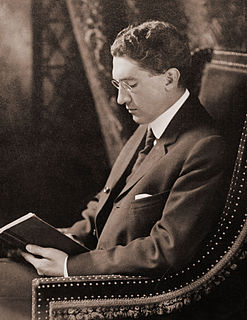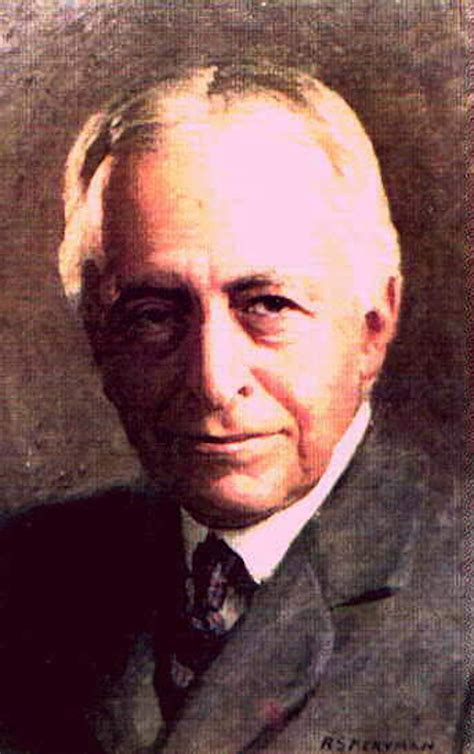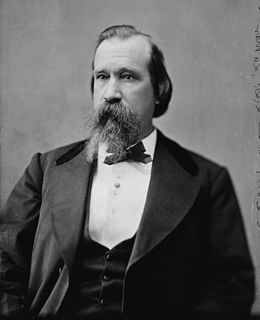A Quote by Carl von Clausewitz
The first, the supreme, the most far-reaching act of judgment that the statesman and commander have to make is to establish ... the kind of war on which they are embarking.
Related Quotes
Love always seeks for betterment, for ways of making life more workable, joyful, whole, and beautiful. Love examines every option available to bring about an improvement in life. This kind of discernment is an act of decency, not an act of judgment. Rigid philosophies of judgment will seek to establish structure as a substitute for decency, control as a substitute for trust, and the mind as a substitute for higher awareness.
The judgment that every voter is making of every one of us [running for presidency] who has the experience, who has the vision, who has the judgment to be commander in chief. That is the most important decision for the voters to make. That's a standard I'm held to. And it's a standard everyone else is held to.
The American war is over; but this far from being the case with the American revolution. On the contrary, nothing but the first act of the drama is closed. It remains yet to establish and perfect our new forms of government, and to prepare the principles, morals, and manners of our citizens for these forms of government after they are established and brought to perfection.
The President is to be commander-in-chief of the army and navy of the United States. In this respect his authority would be nominally the same with that of the king of Great Britain, but in substance much inferior to it. It would amount to nothing more than the supreme command and direction of the land and naval forces, as first general and admiral ... while that of the British king extends to the declaring of war and to the raising and regulating of fleets and armies - all which, by the Constitution under consideration, would appertain to the legislature.
Religion must be used in furthering great works of justice and reform. It must be used to establish right relations between different groups of men, and thus to make a reality of brotherhood. It must be used to abolish poverty, the breeding ground of all misery and crime, by distributing equably among men the abundance of the soil. And it must be used to get rid of war and to establish enduring peace. Here is the supreme test of the effectiveness of religion.
Promising is the very air o' th' time; it opens the eyes of expectation. Performance is ever duller for his act; and, but in the plainer and simpler kind of people, the deed of saying is quite out of use. To promise is most courtly and fashionable; performance is a kind of will or testament which argues a great sickness in his judgment that makes it.





































